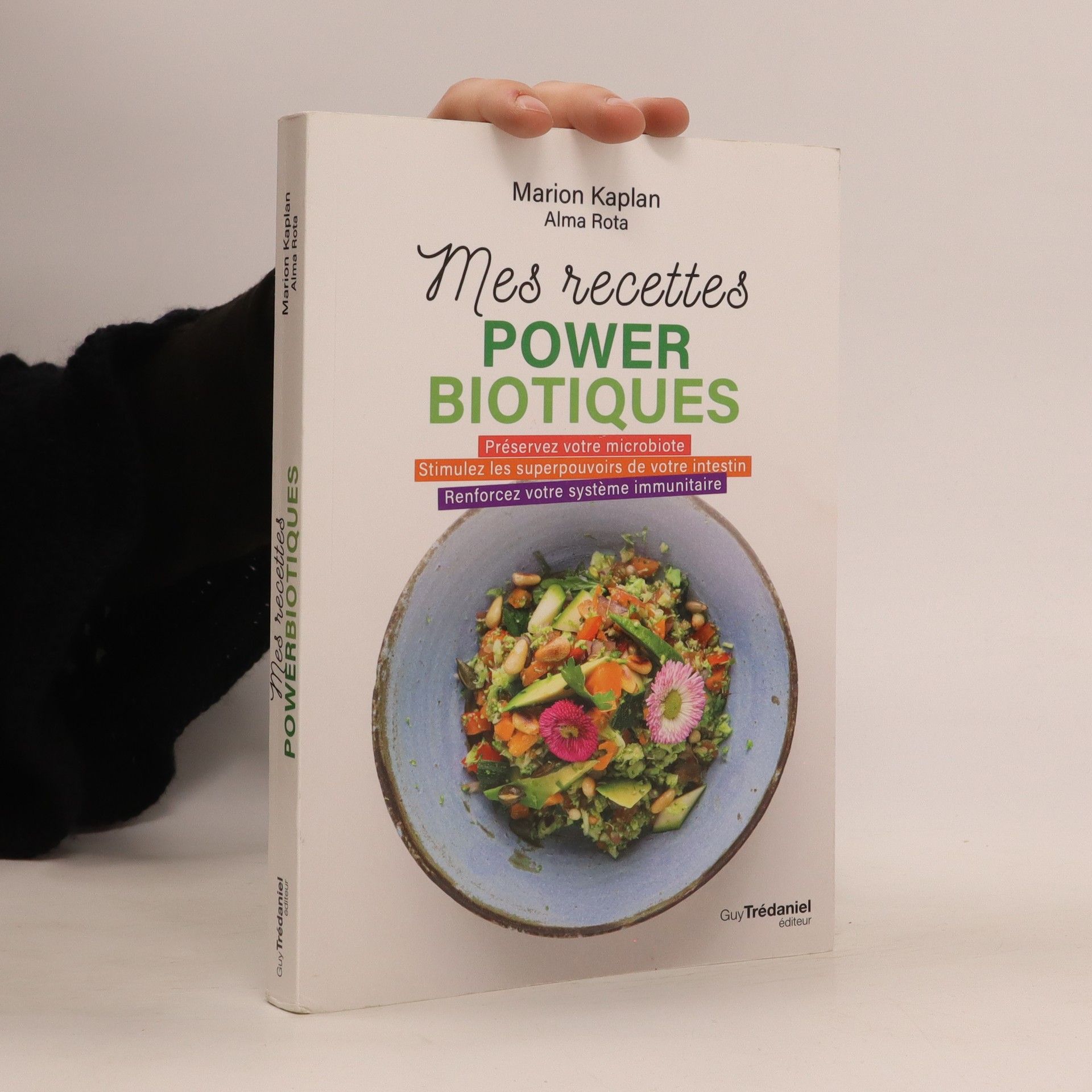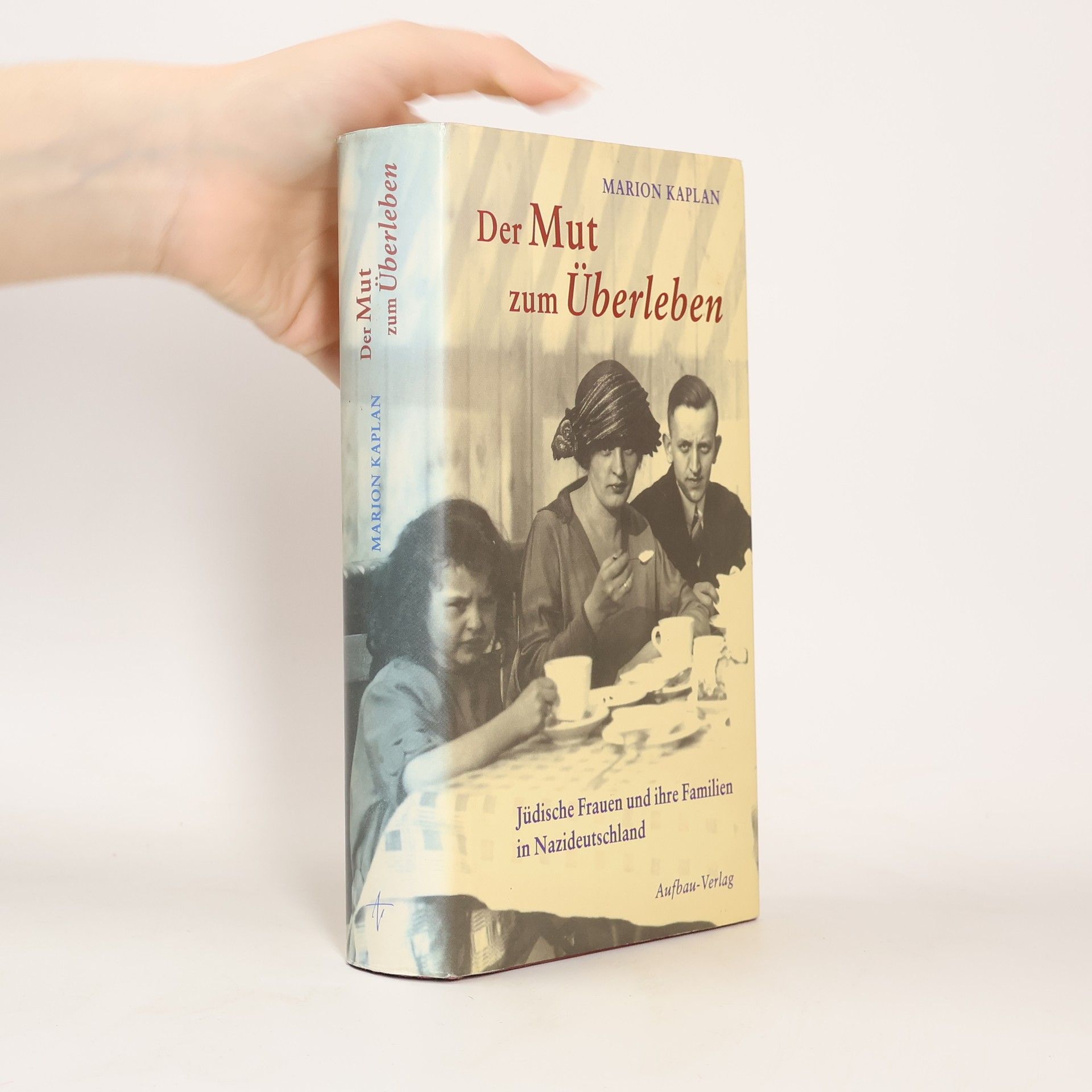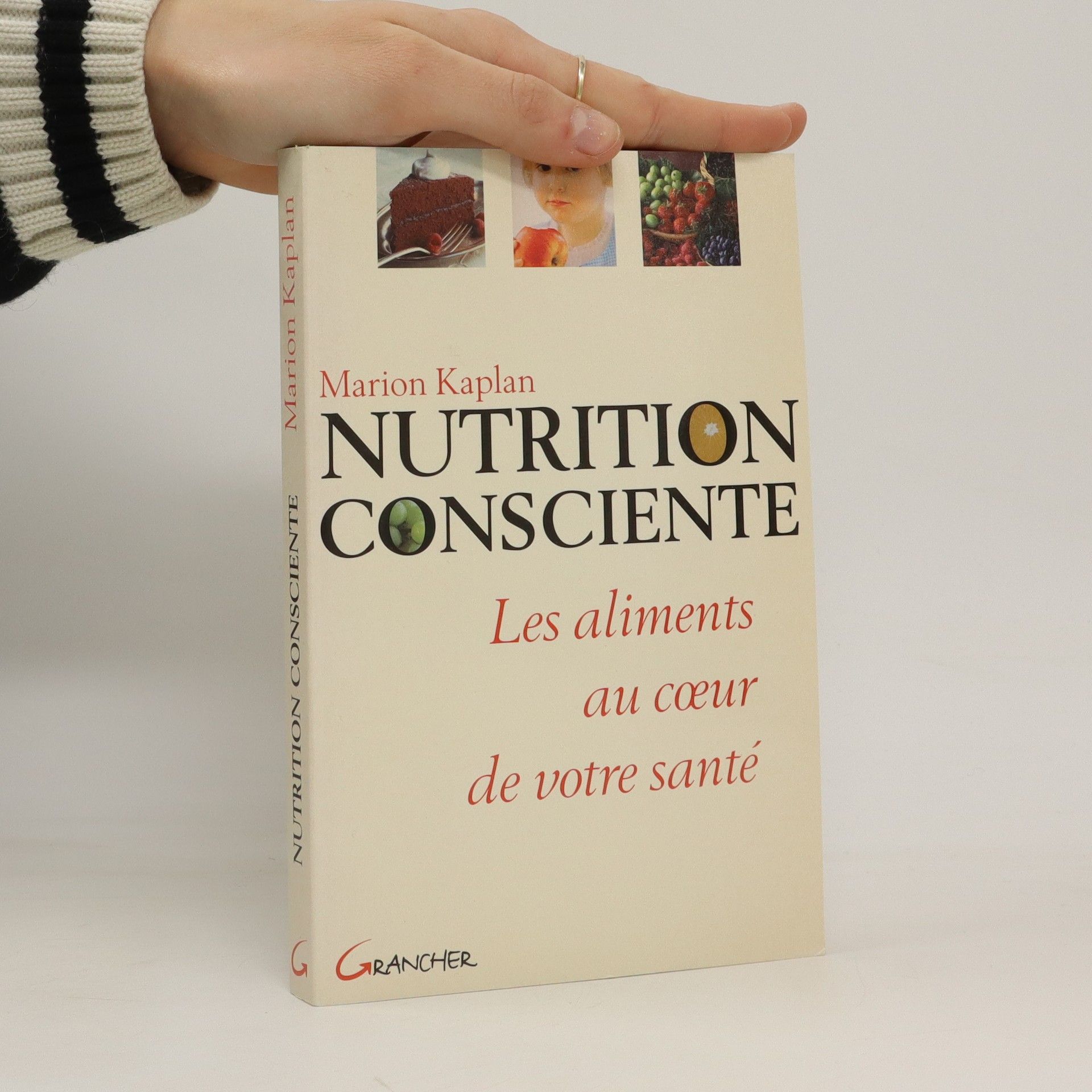Portugal im Zweiten Weltkrieg: Eine emotionale Geschichte der jüdischen Flüchtlinge im Exil. Portugal war eines der wenigen neutralen europäischen Länder vor und während des Zweiten Weltkriegs. Damit wurde das Land zu einem zentralen Anlaufpunkt für Jüdinnen und Juden auf der Flucht vor dem Nationalsozialismus. Der portugiesische Diktator Salazar nahm Zehntausende auf, die nach Westen flüchteten ließ dann aber seine Geheimpolizei auf diejenigen los, die nicht rasch genug weiterzogen. Marion Kaplan beschreibt die dramatischen Erfahrungen jüdischer Flüchtlinge, die in Portugal ausharrten, bis sie sichere Häfen in Übersee erreichen konnten. Die Autorin untersucht nicht nur die sozialen und physischen Umwälzungen, die diese Flüchtlinge erlebten, sondern versucht auch ihre Gefühle nachzuzeichnen. So schreibt sie eine emotionale Geschichte der Flucht. Die Autorin untersucht, wie sich bestimmte Orte und Situationen auf das Innenleben der Flüchtlinge auswirkten, darunter etwa die riskante Grenzüberquerung oder die hoffnungsvolle Fahrt auf überfüllten transatlantischen Schiffen. Dabei stützt sich Marion Kaplan auf Berichte und Quellen der Betroffenen und bereichert so die Geschichte der jüdischen Flucht vor dem NS-Terror um ein zentrales Kapitel
Marion Kaplan Book order (chronological)
Marion Kaplan is a distinguished historian whose work delves into the complexities of Jewish life during challenging historical periods. She meticulously examines the experiences of individuals navigating oppression, focusing on their resilience and efforts to maintain dignity. Kaplan's writing offers profound insights into the human spirit's capacity to endure and adapt under extreme adversity.






Mes recettes powerbiotiques
- 295 pages
- 11 hours of reading
Pour optimiser notre santé et doper les super-pouvoirs de notre intestin, cet ouvrage pratique et gourmand, révèle les clés d'une alimentation adaptée. Après introduction étayée des plus récentes recherches internationales sur le microbiote, Marion Kaplan et Alma Rota nous proposent 70 recettes savoureuses, illustrées, ainsi que des propositions de menus saisonniers, dont certains sans gluten, sans lactose, sans lectine, privilégiant les aliments riches en bons nutriments et en fibres. Pour enrichir votre flore intestinale, renforcer votre système immunitaire et fournir l'énergie qualitative dont nous avons besoin tout au long de l'année !
Der Mut zum Überleben
- 409 pages
- 15 hours of reading
Pour répondre aux questions que l'on se pose autour de la chaîne alimentaire, de la nutrition et de la santé : origine et production des aliments, impact de la nourriture sur les maladies, le bien-être, la longévité, consommation des aliments
Organized chronologically, A CHILD'S ODYSSEY provides a strong foundation in child development, helping readers understand and appreciate not only the science of development but also the child's unique, subjective experiences. Written by a master teacher, the book revolves around the theme of the journey-development is an odyssey, a journey with many paths and many choices-an adventure unique to every child. This book also provides a unique view of how the discipline will continue to evolve as our lives and the lives of our children change. Examples, humor, and applications are used liberally.
New Feminist Library: When Biology Became Destiny
Women in Weimar and Nazi Germany
- 378 pages
- 14 hours of reading
This collection of essays analyzes the experience of women in Weimar and Nazi Germany—the first a period of crisis and polarization between right and left, and the second a period in which the right triumphed. The history documented in this book provides us with a perspective from which to analyze our own time, for in the history of Weimar and Nazi Germany we see the issues surrounding women, family, and reproduction as powerful mobilizing forces for both right and left.
